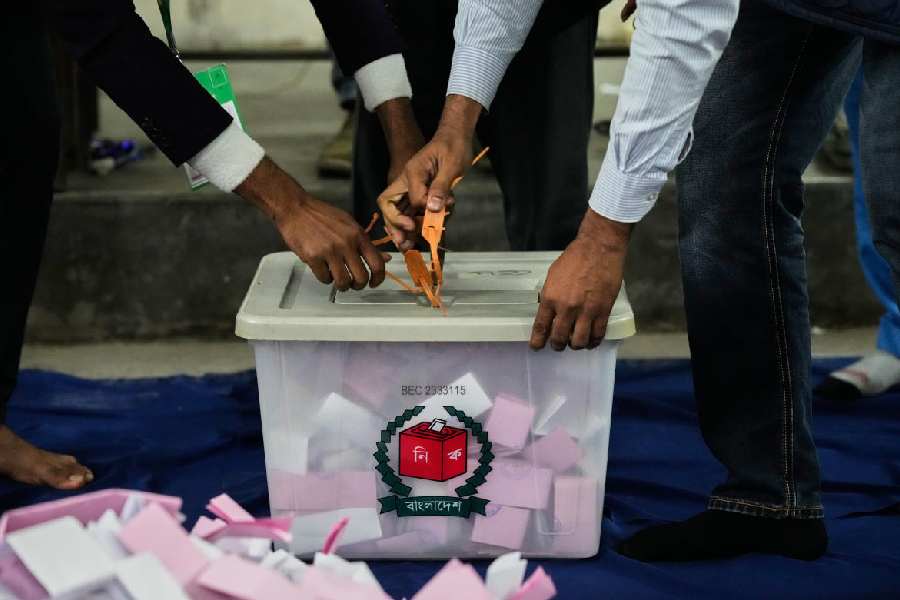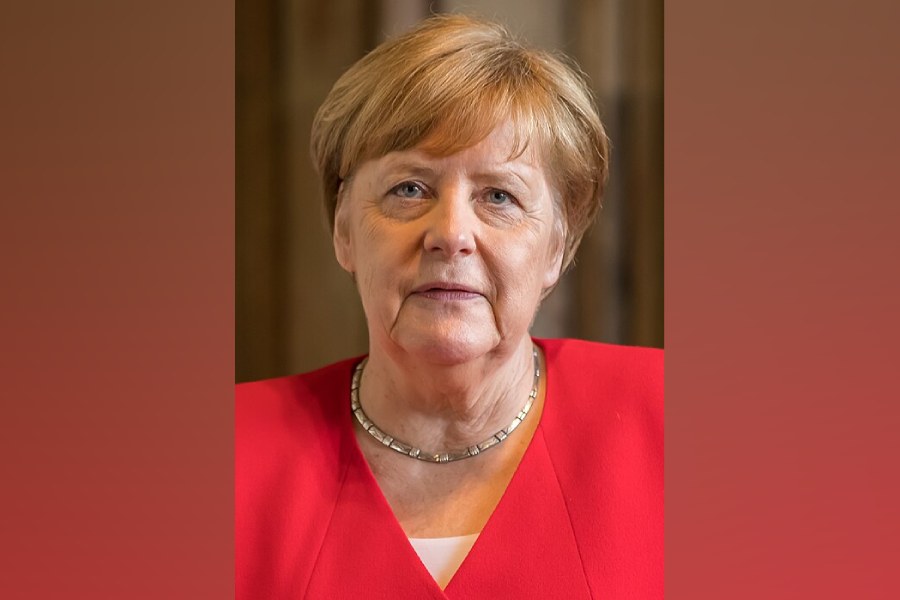Post-colonial India has a few achievements to celebrate. Some of them come with a date that can be observed across the country but are not. December 16, 1971 and June 30, 1986 are two such dates Indians can celebrate.
The first marks the decisive victory of the Indian armed forces and the Bengali guerrillas over the Pakistan army. It was the day that the army commander of Pakistan, A.A.K. Niazi, signed the instrument of surrender in the Suhrawardy Udyan of Dhaka to India's eastern army commander, J.S. Arora. The surrender paved the way for the creation of Bangladesh. More than a military victory, this was the day that established beyond doubt the inadequacy of Muhammad Ali Jinnah's 'two-nation' theory as the organizing principle of post-colonial South Asia.
The Eastern Command of the Indian army observes this day in a befitting manner. It invites several Bangladeshi war veterans every year. But the rest of the nation fails to celebrate what was a huge victory for Indian diplomacy and military. Coming as it did within nine years after the India-China war of 1962 - which was deeply humiliating for India - this was no mean achievement. Bangladesh observes December 16 as a national festival, and with good reason. A local citizen is done up to resemble General Arora. He then goes through the motions of accepting the instrument of surrender in the same place where the ceremony occurred in 1971. All national television channels in Bangladesh telecast it live. But even the Bengali channels in Calcutta fail to cover it properly. The big guns in Delhi or elsewhere in India are, of course, least bothered.
Bangladesh's creation answers so many questions that India now faces . To those who seek ' azaadi' in Kashmir, Bangladesh may be an inspiration of sorts, but those who advocate a merger of Kashmir with Pakistan, such as Syed Ali Shah Geelani, would do well to consider something. Bengali Muslims, who formed a significant section of undivided Pakistan, were treated unjustly; what can Kashmiri Muslims expect to gain by joining Pakistan? Pakistan's determination to appropriate Kashmir - as opposed to India's desire to see Bangladesh emerge a free nation - negates the prospect of any change in the status quo for the people of Kashmir.
June 30, 1986 is the day India's federal government, led by Prime Minister Rajiv Gandhi, signed the Mizo Accord with the Mizo National Front, paving the way for peace to return to a hill region scarred by two decades of bloody insurgency. The accord in Mizoram has endured, and is now seen as a model of conflict resolution and peace making. Above all, it exemplifies the spirit of accommodation that marks the pluralistic identity of post-colonial India. The Union is held together by a consensus, and not by the guns of the Indian army. The latter has played a crucial role in taking the sting out of many insurgent movements, but stepped aside at the right time for the political process to take over.
Mizoram celebrates this day as Remna Ni or Peace Day, but the rest of India does not even seem to be aware of it. If accommodation and reconciliation are the strength, not the weakness, of the Indian federal system, Mizoram was our finest hour. Where Pakistan failed so miserably in 1971, India did not, and June 30, 1986 exemplifies the spirit that holds India together. If one visits the Mizoram capital, Aizawl, one comes across Martar Thlanmual or the Martyrs' Cemetery that the state government, led by the MNF - which ruled Mizoram for two five-year terms - built to remember its guerrilla fighters who died for Mizo independence. That such a structure can co-exist alongside our own military memorials saluting Indian troops for defending the integrity of India shows that this nation is a joint family in which acrimony and misunderstanding are handled by dialogue, not just by the stick. The sons and daughters of those who fought for India in the ' rambuai' (troubled) years now increasingly control the levers of the Indian administration. Footballers from Mizoram such as Jeje Lalpekhlua do India proud by scoring goals against formidable rivals.
To underscore this inclusive spirit, India would do well to celebrate June 30 as Reconciliation Day and December 16 as Victory Day. One would help put Mizoram and the Northeast firmly in the national consciousness; the other would help us bond more closely with our eastern neighbour.











